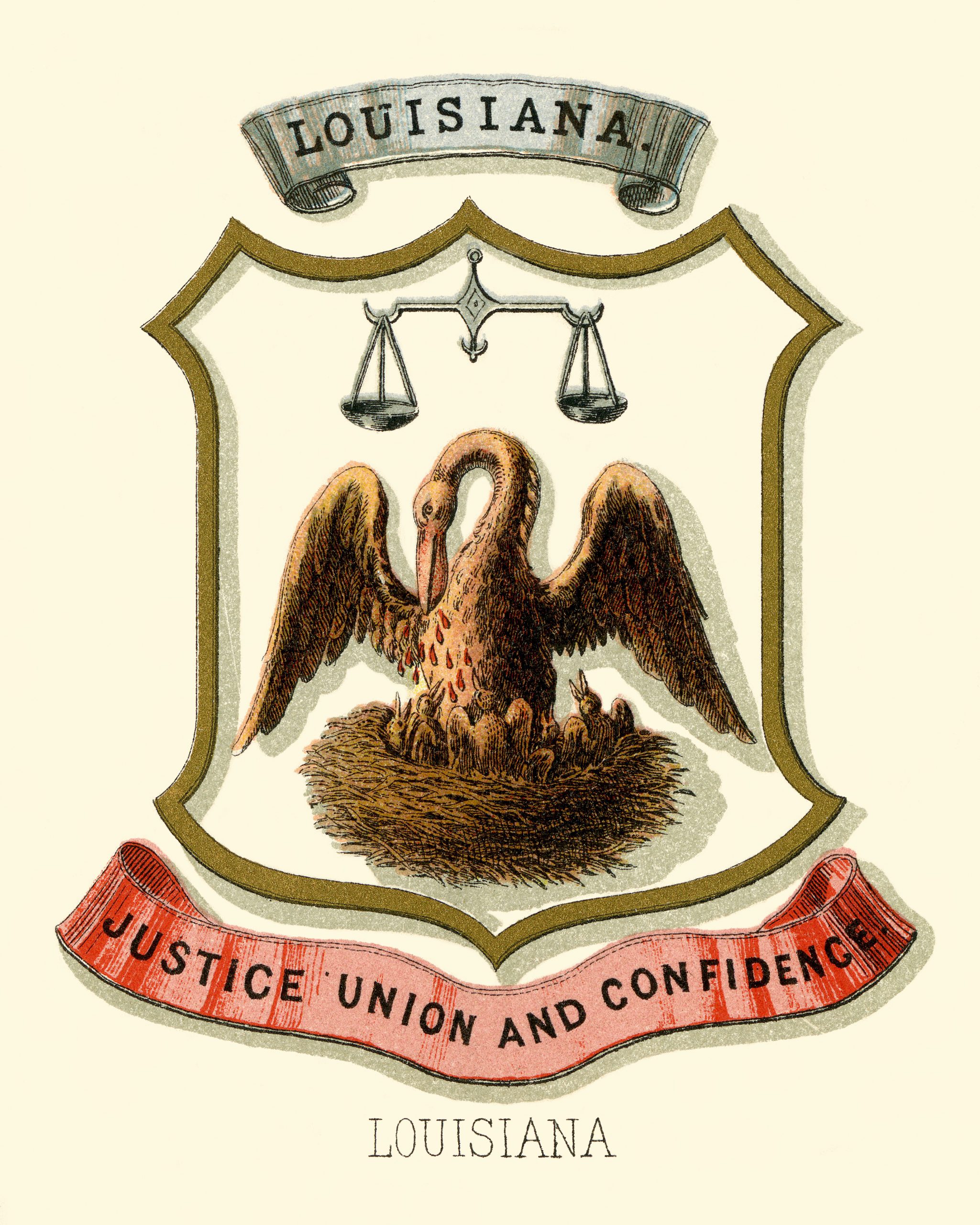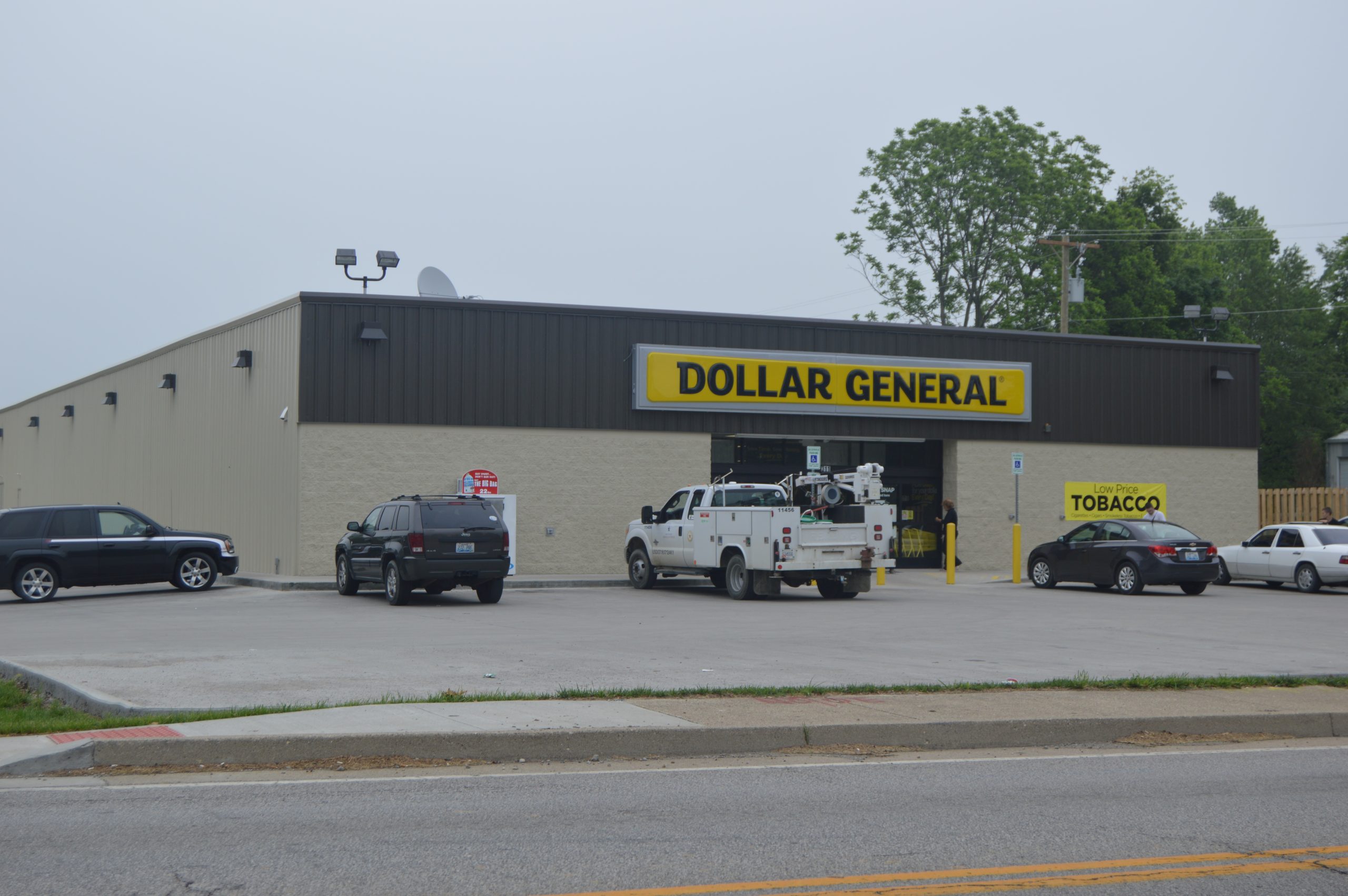 Complex insurance issues can add more hassle to the damage from a car accident. What happens if you’re in an automobile accident after failing to pay your insurance premium? Can you still get coverage for your claims? The following case out of Baton Rouge shows why insurance companies must follow proper procedure and offer evidence of cancellation or suffer consequences.
Complex insurance issues can add more hassle to the damage from a car accident. What happens if you’re in an automobile accident after failing to pay your insurance premium? Can you still get coverage for your claims? The following case out of Baton Rouge shows why insurance companies must follow proper procedure and offer evidence of cancellation or suffer consequences.
On July 27, 2010, Beverly Smith and Darlene Shelmire were involved in a vehicle collision in Baton Rouge when Shelmire entered an intersection without yielding. Smith sustained injuries due to the accident and filed a claim against Shelmire and her insurer, Gramercy Insurance Company. The insurance company asked the court for summary judgment, claiming that Shelmire did not have insurance coverage at the time of the accident due to the cancellation of her policy for nonpayment. The court held a hearing on the motion and denied it.
The legal entity representing Gramercy Insurance Company, GoAuto, filed a new motion for summary judgment, asserting the same claim that Shelmire’s policy had been canceled before the accident. The trial court again denied this motion. In a bench trial, GoAuto filed a motion for involuntary dismissal, which the court denied. During the trial, the court heard evidence that Shelmire had paid her insurance premium on the afternoon of the accident and reported the accident a few hours later. GoAuto paid Shelmire for the damage to her vehicle the next day, despite their claim at trial that her insurance policy had been canceled by that point. Therefore, the trial ordered GoAuto to pay $15,000 in damages to Smith. GoAuto appealed this judgment.
 Insurance Dispute Lawyer Blog
Insurance Dispute Lawyer Blog



 Although a car accident may result in minor damage to your vehicle, it can cause greater damage to your life. By seeking medical treatments and altering your lifestyle due to accident-related injuries, you deserve to be adequately compensated. The following lawsuit, out of Jefferson Parish, Louisiana, shows how courts deal with damage awards and the request to increase the same.
Although a car accident may result in minor damage to your vehicle, it can cause greater damage to your life. By seeking medical treatments and altering your lifestyle due to accident-related injuries, you deserve to be adequately compensated. The following lawsuit, out of Jefferson Parish, Louisiana, shows how courts deal with damage awards and the request to increase the same. Getting treatment and medication can be challenging when recovering from an on-the-job injury. If you are injured at work, you may want to pick up prescriptions at the local pharmacy closest to you. While you may have interpreted Louisiana’s Workers’ Compensation statutes to allow for “choice of pharmacy” in the past, the rule is clear. The following case out of the Louisiana Supreme Court shows why the choice in pharmacy for a work-related injury belongs to the employer.
Getting treatment and medication can be challenging when recovering from an on-the-job injury. If you are injured at work, you may want to pick up prescriptions at the local pharmacy closest to you. While you may have interpreted Louisiana’s Workers’ Compensation statutes to allow for “choice of pharmacy” in the past, the rule is clear. The following case out of the Louisiana Supreme Court shows why the choice in pharmacy for a work-related injury belongs to the employer. A considerably large percentage of the United States population holds student loan debt. In addition, most individuals who attend higher education institutions in today’s society graduate with some debt. Phillip Kuzma knows this too well.
A considerably large percentage of the United States population holds student loan debt. In addition, most individuals who attend higher education institutions in today’s society graduate with some debt. Phillip Kuzma knows this too well.  While holding the owner responsible for a dog’s behavior is typically the norm, most reasonable people would know not to approach a barking dog in a gated residence. However, Demetrious Frazier found himself at odds with Luke Difulco after being bitten by one of his dogs while performing his work duties at their home. The following lawsuit answers the question; if you approach a barking dog and it bites you, is the owner liable for your injuries?
While holding the owner responsible for a dog’s behavior is typically the norm, most reasonable people would know not to approach a barking dog in a gated residence. However, Demetrious Frazier found himself at odds with Luke Difulco after being bitten by one of his dogs while performing his work duties at their home. The following lawsuit answers the question; if you approach a barking dog and it bites you, is the owner liable for your injuries? While a settlement can be a beneficial way to end a legal dispute, it can have long-lasting implications. If you are considering signing a settlement agreement and release, you must understand the possible effects of entering into such an agreement. A prior settlement agreement and release could result in a dismissal of a future lawsuit you bring against a party on the other side of the settlement agreement. The following lawsuit shows why one should carefully review any settlement agreement before signing. Otherwise, you may suffer harsh consequences.
While a settlement can be a beneficial way to end a legal dispute, it can have long-lasting implications. If you are considering signing a settlement agreement and release, you must understand the possible effects of entering into such an agreement. A prior settlement agreement and release could result in a dismissal of a future lawsuit you bring against a party on the other side of the settlement agreement. The following lawsuit shows why one should carefully review any settlement agreement before signing. Otherwise, you may suffer harsh consequences. If you slip and fall over an item that has fallen at a store, you might think that you will be able to recover for your injuries in a lawsuit against the store. However, it is not enough to simply show that you slipped and fell. Instead, you must show that the store knew about or created the condition that caused you to slip and fall. Because Lilly Edwards could not show this, the court dismissed her lawsuit against a Baton Rouge, Louisiana, Dollar General store.
If you slip and fall over an item that has fallen at a store, you might think that you will be able to recover for your injuries in a lawsuit against the store. However, it is not enough to simply show that you slipped and fell. Instead, you must show that the store knew about or created the condition that caused you to slip and fall. Because Lilly Edwards could not show this, the court dismissed her lawsuit against a Baton Rouge, Louisiana, Dollar General store. Premises liability is an active area of personal injury law, and accidents occurring on public property are no exception. The question often arises, who is liable for a slip and fall on a public sidewalk? In this case, the Louisiana Third Circuit Court of Appeal was asked to determine the premises liability of the town of Lake Arthur for a fall occurring on a public sidewalk built and maintained by this public entity.
Premises liability is an active area of personal injury law, and accidents occurring on public property are no exception. The question often arises, who is liable for a slip and fall on a public sidewalk? In this case, the Louisiana Third Circuit Court of Appeal was asked to determine the premises liability of the town of Lake Arthur for a fall occurring on a public sidewalk built and maintained by this public entity. Employment law disputes are very fact-specific inquiries. Judges, especially workers’ compensation judges, are typically well-equipped to handle these cases. But when a judge mishandles the facts or misinterprets the law having an excellent attorney in your corner helps in the appeal process. For the
Employment law disputes are very fact-specific inquiries. Judges, especially workers’ compensation judges, are typically well-equipped to handle these cases. But when a judge mishandles the facts or misinterprets the law having an excellent attorney in your corner helps in the appeal process. For the  Everyone can picture a grocery store on a busy day. The aisles are congested, and workers are hurrying to replace products on the sales floor. There may be stocking carts blocking walkways. Who is responsible if a shopper trips over a worker’s cart and injures herself? What about if the worker and the shopper knew the cart was there?
Everyone can picture a grocery store on a busy day. The aisles are congested, and workers are hurrying to replace products on the sales floor. There may be stocking carts blocking walkways. Who is responsible if a shopper trips over a worker’s cart and injures herself? What about if the worker and the shopper knew the cart was there?